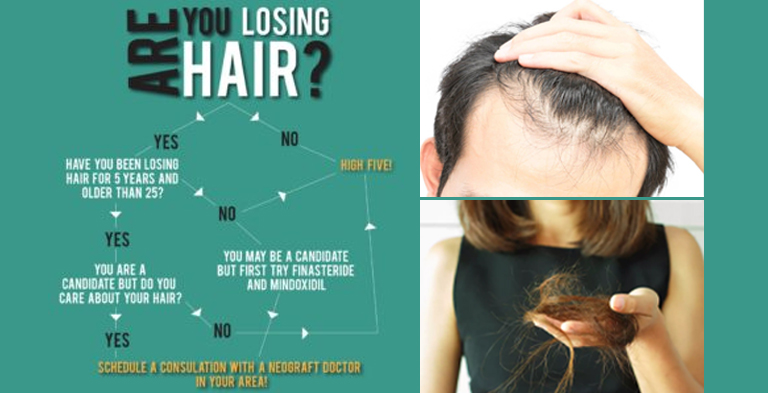Chances are, if you’re visiting our website dedicated entirely to hair loss and hair restoration, you’ve probably experienced some of the devastating effects that hair loss can have on a person – a loss of confidence, being treated unfairly because of the way you look or simply not feeling like yourself.
If this is the case, it is absolutely appropriate to schedule a consultation with a hair loss specialist like Drs. Lieberman & Parikh, to see if you are a good candidate for a hair transplant. And, if not, what other procedures and hair-growth options could be available to you.
Have You Considered Nonsurgical Options?
At Lieberman & Parikh Center for Hair Restoration, we make sure our patients are aware of all nonsurgical options available. Topical products such as Finasteride and Minoxidil, along with nutraceutical supplements and PRP therapy can provide robust results for some patients. Because of the efficacy of the nonsurgical hair growth products, we usually recommend them to our patients who go forward with a hair transplant.
Must Be Voting Age But Not Already Bald
Age and the stage of hair loss are the next most important factors physicians consider when assessing potential hair transplant patients. Before a person reaches 18 years old, it is very hard to know if their hair pattern has fully developed or if they have immature hair loss that will eventually grow in. A hair transplant could cause awkward hair patterns as their growth matures.
On the flip side, if a person’s hair loss has progressed so far that they are bald or almost bald, the patient probably does not have enough donor hair to harvest for an effective hair transplant. This is the case with Dr. Lieberman who lost all of his hair before the latest hair restoration techniques, including NeoGraft, were invented. When a man has progressed to Class 6 on the Norwood Scale or a woman to Class 3 on the Ludwig scale, it is probably too late for a hair transplant.
Men and women over the age of 30, who have experienced thinning hair or pattern baldness for about five years, tend to be the best hair transplant patients. By this age, if they are not already bald, the loss pattern has been established and a specialist can harvest enough grafts to provide a long-lasting and natural-looking transplant.
Is Your Hair Healthy Enough for A Hair Transplant?
Since a hair transplant involves harvesting hair from existing hair follicles, it is important to look at the health and density of a patient’s existing hair. The best person for a hair transplant procedure has a lot of thick hair in the occipital area with patches of thinning on the crown or hairline.
When the hair loss is consistent across the entire scalp, as is the case with patients who have Diffuse Unpatterned Alopecia (DUPA), the patient won’t have enough hair density in the donor area to warrant a transplant. A hair transplant procedure could be potentially dangerous and will definitely be a waste of time and money.
Similarly, if a person has very fine, straight hair, the appearance of baldness will be more difficult to conceal. Thick hair, especially thick, curly hair, provides better blockage and doesn’t require as many grafts to conceal thinning areas.
Are Your Expectations Realistic?
Finally, having a realistic expectation about how much density you can expect from one hair transplant is key. Every person has a finite amount of donor hair and only so many of these follicles can be safely harvested for transplantation. In addition, the hair loss pattern in the recipient area will also dictate how much coverage the donor follicles can provide.
Hopefully, your hair loss specialist will use a simulation tool to show you exactly how he or she will use your existing hair follicles to mask areas of the scalp. But remember these are just tools and while highly-advanced, they cannot be fully relied upon to show an accurate portrayal of the expected result.
Your best bet is to find out if you are a good candidate for a hair restoration procedure, is to schedule a consultation with a board-certified hair specialist.
At our practice in the San Francisco Bay Area, we offer free consultations to men and women interested in learning more about hair loss options.
Disclaimer: The content within this site is not intended to provide diagnosis, treatment or specific medical advice. The products and claims made about specific products and treatments through this article have not been evaluated by the United States Food and Drug Administration and are not approved to diagnose, treat, cure or prevent disease. Please consult with a NeoGraft Certified Physician or other healthcare professionals regarding any medical or health-related diagnosis.
